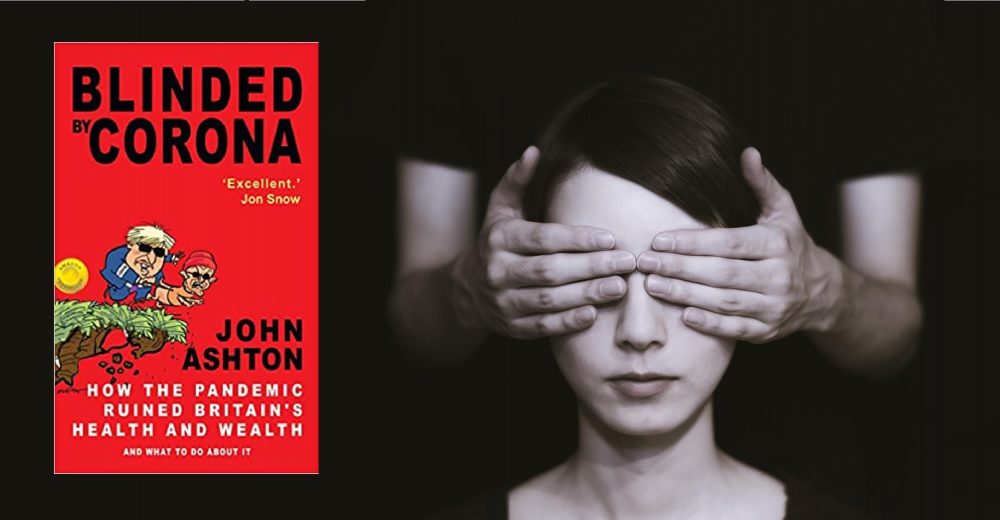
What will post-pandemic general practice look like? The pre-COVID-19 environment wasn’t that wonderful for GPs anyway. Workload issues and burnout were increasing, and the latest fall in GP numbers1 will not help.
GPs have always felt abused, that they don’t have the time and resources to do their job properly. However, this was only ever some GPs. Others can glide through an entire career with a minimum of alarms. How do they do this?
Resilience is not the full story. I suggest that there are attitudes worth cultivating because they are potentially protective against being overwhelmed by the work.
Intuition
GP intuition is apparently a good way of diagnosing cancer.2 But is it just cancer? It is known that experienced GPs get better results on several measures of efficiency and healthcare competence.3 So why are older GPs better at the job (interest declared)?
Some GPs (invariably senior) appear to have a sixth sense for serious illness. You undoubtedly have times when you know something is not quite right but are unable to put your finger on just why.
Intuition is a useful clinical skill. Unfortunately, there does not appear to be any training that can accelerate acquiring this asset: you just wait to get older
Of course, this sixth sense, or intuition, is not a supernatural phenomenon. Often in the surgery complex decision-making processes can occur without you consciously being aware of the steps involved. Familiar skills become embedded. It just feels right.
Intuition is a useful clinical skill. Unfortunately, there does not appear to be any specific training that can accelerate the acquisition of this formidable intellectual asset: you just wait to get older and see lots of patients.3
Perhaps that odd feeling in your stomach is the extra lunchtime radish (remember those? — Lunchtimes I mean, not radishes), or is it your experience firing a warning shot?
Your gut feeling needs to be a jumping-off point for further enquiry. I have certainly made referrals and arranged hospital admissions based on just a hunch.
Sometimes you are wrong, but to keep this in perspective remember that the hallowed National Institute for Health and Care Excellence advice on referrals for cancer are designed to have a positive predictive value of only 3%.4
Diagnosis
Making a diagnosis is a delusional activity. In general practice, all diagnoses are provisional, ‘working’ diagnoses. You only really find out what has been going on at the post-mortem, by which time it’s a bit late. A diagnosis is not a statement of fact, it is an indication of what you plan to do next.
However, making a diagnosis is not a useless process. Even if a diagnosis is only regarded as a waypoint on the route to the truth, knowing what to do next, and why, is never a bad thing.
You can never know everything. A GP who wants to stay abreast of all developments in medical practice would have to spend several lifetimes just reading
Patients love having a diagnosis, especially if it has a Latin name.5 Putting a name to something takes a measure of control over it and taps into the pagan backstories of many cultures.
Uncertainty is an inevitable consequence of all medical practice, but that does not make it desirable. The acknowledgement of uncertainty can become a cosy corner to hide in.
Yet, you can never know everything — a GP who wants to stay abreast of all the developments in medical practice would have to spend several lifetimes just reading, and never consult with any patients.6 The more diagnoses you have heard of, the more likely you are to choose the right one.
Enjoy the journey in pursuit of the diagnostic truth, and call in the cavalry (refer, admit) when you realise you are struggling.
Continue to find out about disease (as opposed to illness): it’s actually quite interesting. Not making a diagnosis, where you have taken steps to pass the problem on to someone who might, is entirely professional. Not trying to secure an accurate diagnosis is culpable.
Aftermath
Less than a quarter of graduating doctors in the UK plan to enter general practice.7 This means that the ones who end up as GPs may be motivated not by the idea of general practice, but because they have chosen the job due to the alleged work/life advantages, or else have fallen off the secondary care merry-go-round.
Can you blame these bright young things for avoiding primary care? The reasons not to be a GP are well rehearsed and regale us daily. Open a copy of any GP publication and you will be flooded with bad news. But general practice in the NHS is still the best job in the world.
References
1. Rimmer A. GP numbers fell by more than 600 in past year, data show. BMJ 2020; 370: m3366.
2. Smith CF, Drew S, Ziebland S, Nicholson BD. Understanding the role of GPs’ gut feelings in diagnosing cancer in primary care: a systematic review and meta-analysis of existing evidence. Br J Gen Pract 2020; DOI: https://doi.org/10.3399/bjgp20X712301.
3. Worrall P, French A, Ashton L, eds. Advanced consulting in family medicine. Oxford: Radcliffe, 2009.
4. National Institute for Health and Care Excellence. Suspected cancer: recognition and referral. NG12. 2020. https://www.nice.org.uk/guidance/ng12 (accessed 6 Nov 2020).
5. Ogden J, Branson R, Bryett A, et al. What’s in a name? An experimental study of patients’ views of the impact and function of a diagnosis. Fam Pract 2003; 20(3): 248–253.
6. Fraser AG, Dunstan FD. On the impossibility of being expert. BMJ 2010; 341: c6815.
7. Lambert T, Goldacre M. Trends in doctors’ early career choices for general practice in the UK: longitudinal questionnaire surveys. Br J Gen Pract 2011; DOI: https://doi.org/10.3399/bjgp11X583173.
Featured photo by Akshar Dave on Unsplash








